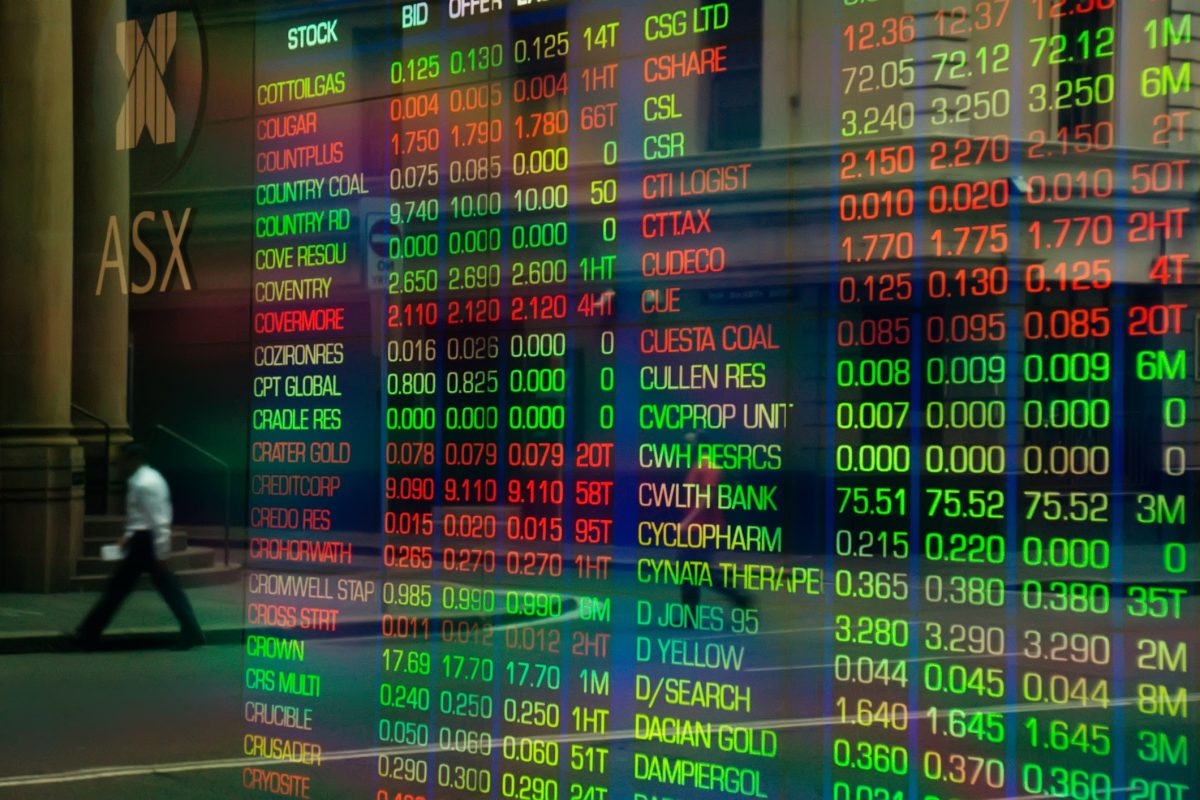
Bear markets can seem scary – but they also represent opportunities for disciplined investors. Photo: File.
Year to date, Australia’s top 200 sharemarket stocks – the ASX200 – have fallen about 10 per cent, prompting speculation that the country is approaching a “bear market”.
But what is a bear market, are we really headed into one and if so, what does it mean for potential investors?
RSM financial adviser Lindsay Walker says a bear market – the opposite of a “bull” market – is generally characterised by a sustained fall over several months culminating in a drop of at least 20 per cent.
While the top 500 stocks in the United States – the S&P500 – have fallen about 21 per cent since the beginning of the year, the Australian share market’s sizeable “correction” is not yet in bear market territory.
Lindsay says the market might get “savaged” by further interest rate increases and possible rising unemployment. But our activity is more a “correction” that’s part of a normal market cycle.
“Market cycles tend to be seven or eight years long,” he says.
“In 1987 there was a crash. In 1994, another crash was prompted by a Russian bond collapse. Fast forward seven years to 2001, there was another crash when big tech companies went down. Again seven years later, 2008 brought the GFC (global financial crisis), a collapse caused by too much debt.
“It took the world a good couple of years to recover from that and by 2015 we were expecting another crash. However while we saw a few limited dips, the bull market endured for a further several years. That’s because in a bid to help major economies to continue with their recovery, interest rates were kept low for longer by the regulators.”
With the Reserve Bank currently raising interest rates – the only weapon in its arsenal to combat rampant inflation – Lindsay says the market is getting “jittery”.
He says whether the “sledgehammer” of rising rates can break inflation without also shattering the economy remains to be seen.
“We’re not experiencing a recession yet, but the markets do anticipate further rate rises and if those occur in the next few months, we could see the market lose confidence,” Lindsay says.
“We might be seeing it already in our 10 per cent downturn since the start of the year.”
But while bear markets can be scary, Lindsay says they can also present opportunities for the “disciplined” investor.
“When confidence is soaring and unemployment is low, fear of missing out can drive investors to pile into the market, often at the top because they’re looking backward. But they should be aware of how market sentiment moves and that bull markets don’t run forever,” he says.
“Similarly, bear markets don’t last forever. Sure, they can go from a few weeks to years – like during the Great Depression or the GFC. But if you can be disciplined and pay attention to cycles and factor all of that into your investor behaviour and how you allocate your money through this period, that’s smart investing.
“There will always be speculation but you will always get a market correction. And whether you’re navigating a bull or a bear, the golden rule is never to expect the market pattern to follow a straight line.”

RSM Financial Services Australia financial adviser Lindsay Walker. Photo: Thomas Lucraft.
Watching your portfolio value nosedive can rattle the steeliest investor, but Lindsay says there are opportunities for people to “dip their toe” into investing while minimising risk. For example micro-investing or “fractional investing” is primarily conducted through apps.
Lindsay says this option allows investments of small amounts while offering exposure to the ASX200. But he advises due diligence and to “make sure you know who is holding the money on your behalf”, ideally by seeking guidance from a trusted adviser.
He says investors also need to look forward to longer-term returns.
“The market, inflation, the economy now is a reflection of what has happened in the recent past.
“As soon as you become an investor you have to accept there’s a level of volatility; that’s what makes you an investor – it can also be your friend if you’re a disciplined and regular investor.
“You have to look through the volatility to find the opportunity … You have to have confidence in the human condition; people will have babies, buy houses, buy cushions. Markets will rally again in due course.”
Contact RSM Canberra to discuss your investment goals.




















